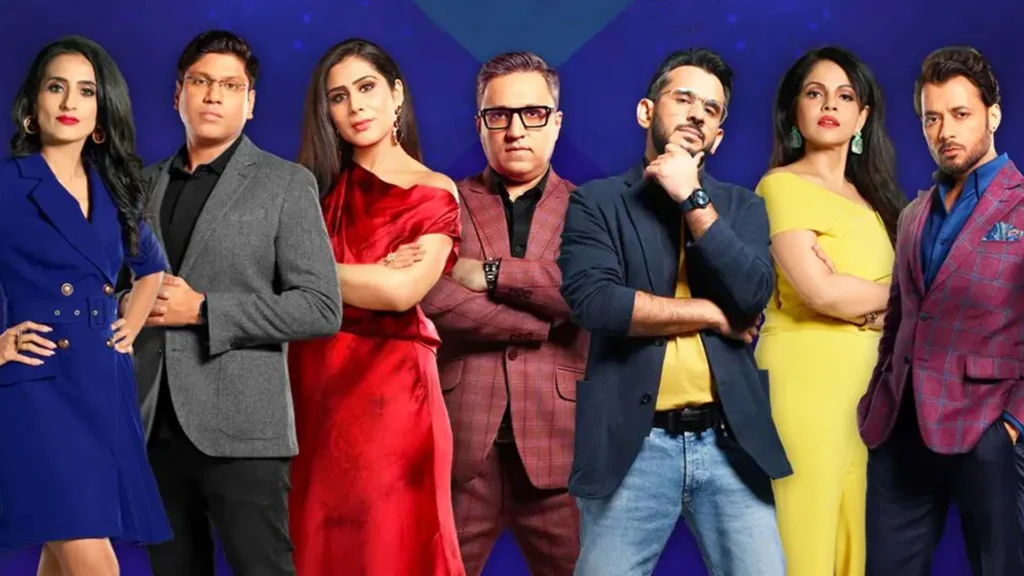As Shark Tank India 2 continues to air on Sony Entertainment Television, a look at how contestants financed in the first season fared provides an insight of the benefits and challenges given by a reality television series designed to give young entrepreneurs wings.

According to data given by market intelligence platform Tracxn, 23 of the 65 companies supported by the show’s’sharks’ or judges from December 20, 2021 to February 4, 2022, have also raised funds from other investors.
Eight of the 23 startups have raised financing as a result of Shark Tank India.
According to the statistics, only one company, NOCD, an energy drink start-up, has obtained Series B round funding – interestingly, prior to appearing on the show.
It’s also the only one Tracxn recognises as a soonicorn. So far, all of the other startups have received seed capital.
(Sky Gate Hospitality, Biryani By Kilo’s parent business, purchased a majority share in ice cream start-up Get-A-Whey, which had raised Rs 1 crore on Shark Tank India.)
When Ravi and Anuja Kabra made their presentation, they had only been in business for six hectic but thrilling months.
In addition to being the maker and distributor, they had to explain to merchants their product – the good old popsicle peddled on the street but forever unbranded – until Shark Tank India aired in December.
Things began to change after the Hyderabad couple became the first to win a ‘All Shark’ contract, in which every judge or shark on the panel agreed to invest in an idea.
“We were a part of dinner table talks,” says Ravi Kabra. It was a 180-degree turn from before, with distributors suddenly pounding on Skippi Ice Pops’ doors.
During the first season of the show, seven tycoons or sharks – any five of whom appeared in each episode – pledged funds totalling Rs 41 crore (Rs 410 million) to the companies, with 14 of them receiving Rs 1 crore (Rs 10 million) or more.
The Kabras have worked in FMCG for numerous years in India and Australia.
Read more about Shark Tank India.




